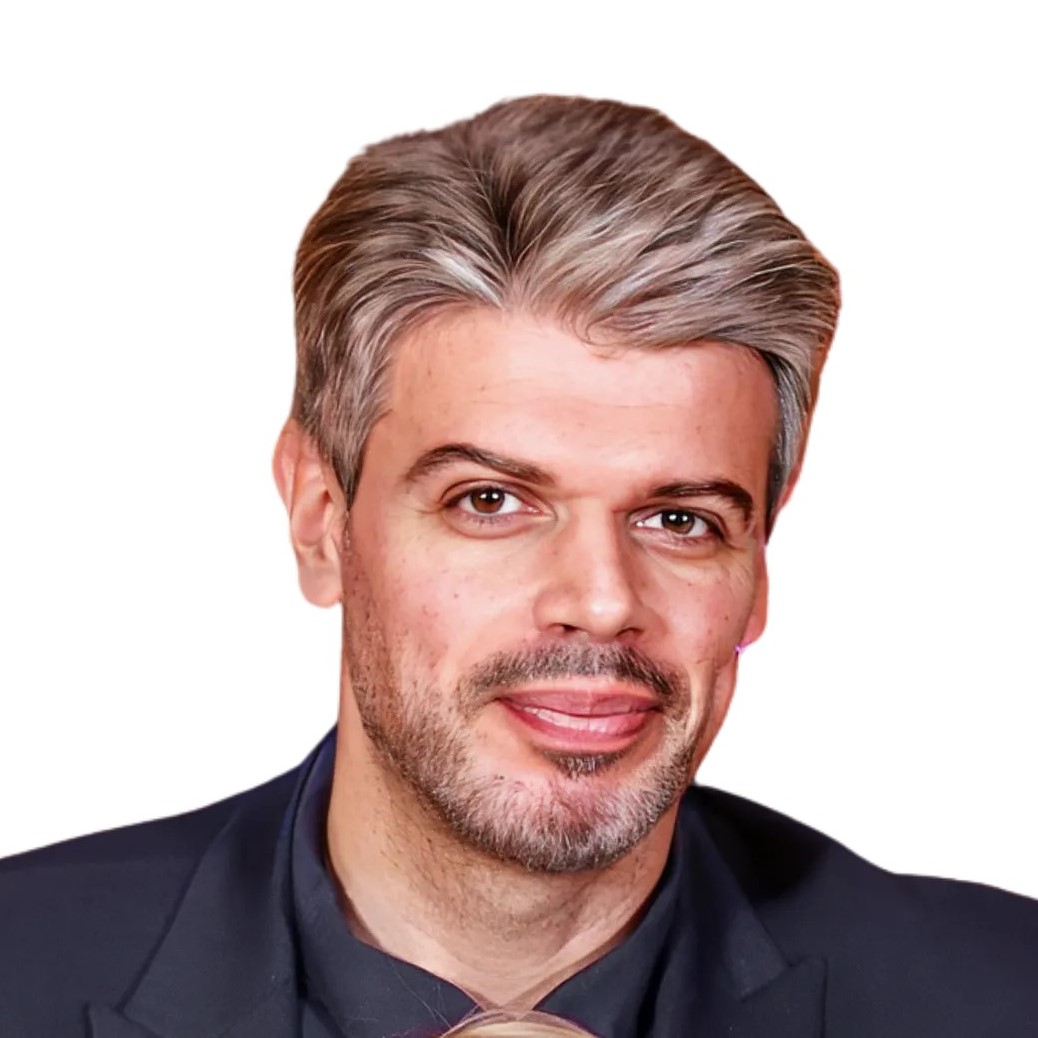In an age characterized by fast technological development, transferring geopolitical landscapes, and cultural polarization, agreement has quietly turned out to be one of the world’s most precious—and maximum fragile—currencies. From establishments and markets to digital systems and interpersonal relationships, consider is the thread that weaves the material of modern-day civilization. Without it, even the most revolutionary systems and rich economies start to falter.
As international locations face widening social divides, misinformation, and distrust in management, rebuilding social capital—the shared networks, norms, and considerations that enable cooperation—is not a gentle perfect. It is a diplomatic, strategic, and economic imperative. This article explores the foundational role of trust in society, analyzes its erosion, and offers actionable pathways for restoring trust across sectors and communities.
Understanding Social Capital: The Invisible Infrastructure
Social capital refers to the networks of relationships among people and establishments that facilitate collective action for mutual advantage. It exists in 3 paperwork:
Bonding social capital, which connects people within tight-knit groups which including households or ethnic groups.
Bridging social capital, which connects humans across various social cleavages, including among races, religions, or areas.
Linking social capital, which connects individuals or agencies with establishments of electricity and authority.
Unlike roads or bridges, social capital is invisible, however fundamental. It reduces transaction fees, encourages civic participation, fosters financial improvement, and even improves fitness and academic performance. It’s the consider that banks on solid currencies, the faith that voters location in ballots, and the optimism that continues to drive groups operating in the direction of shared futures.
The Global Erosion of Trust: A Silent Crisis
Over the past two a long time, agreement has deteriorated on a couple of fronts:
Political distrust: Citizens increasingly view governments as corrupt or ineffective. Voter turnout is declining, and populist rhetoric is growing.
Media skepticism: The spread of disinformation and ideological echo chambers has decreased faith in journalism and conventional information.
Economic inequality: Disparities in wealth and opportunity have led many to perceive markets as rigged or exclusionary.
Technology backlash: Data privacy worries, algorithmic bias, and the influence of AI have created new fears about management and manipulation.
Even in close communities, virtual isolation, declining religious affiliation, and individualism are replacing face-to-face bonds with transactional interactions. In short, the social glue that binds societies is dissolving.
Trust as a Catalyst for Inclusive Growth and Diplomacy
Far from being abstract or idealistic, trust is a sensible basis for sustainable development:
Economic effect: Societies with high social capital revel in quicker increase, decrease crime, better job creation, and higher investment flows.
International members of the family: Trust among countries facilitates cooperation on change, whether in alternate or humanitarian crises.
Democracy and governance: Trust in establishments is crucial for the rule of law, peaceful transitions of power, and civic duty.
Corporate sustainability: Businesses that rely on by means of the general public face fewer regulatory burdens and enjoy deeper consumer loyalty.
Diplomatically, believe strengthens alliances and gentle energy. Economically, it lowers threat charges and boosts purchaser confidence. Socially, it creates room for empathy, inclusion, and innovation.
Rebuilding Trust: Strategies Across Sectors
Civic Engagement and Participatory Governance
Deliberative democracy: Encourage citizen assemblies, metropolis halls, and participatory budgeting to rebuild institutional legitimacy.
Transparency initiatives: Implement open-information structures that show public spending, coverage influences, and authority metrics in real-time.
Youth councils: Include young people in decision-making tactics to instill civic ownership and destiny leadership.
Education as a Trust-Building Force
Civic training: Reintroduce curricula that educate democracy, essential thinking, and go-cultural knowledge.
School-community partnerships: Involve households and nearby groups in instructional planning and coverage development.
Digital literacy: Equip students to parent facts in a world of AI-generated content and incorrect information.
Private Sector Responsibility
Ethical capitalism: Companies need to undertake values-based leadership and ESG (Environmental, Social, Governance) reporting.
Data ethics and privacy: Businesses must defend consumer information transparently and empower users to govern their virtual identities.
Fair exertions and equity: Fair wages, diverse leadership, and inclusive work cultures help humanize company practices.
Inclusive Media and Narrative Repair
Local journalism: Support unbiased, community-rooted media retailers that foster belief through proximity and duty.
Public broadcasting: Fund independent, non-commercial content that educates and connects various audiences.
Bridge-constructing storytelling: Promote narratives that spotlight interdependence and collective resilience.
The Role of Diplomacy and Multilateral Collaboration
In an interconnected world, rebuilding belief demands now not simply country wide, but international alignment. Diplomacy must lead with transparency and shared values:
Global accept as true with compacts: Create UN-supported projects wherein nations voluntarily commit to anti-corruption, press freedom, and civic integrity.
Digital international relations: Use generation to connect governments and residents across borders through open dialogues and innovation labs.
Cultural alternative: Invest in worldwide scholarships, youth delegations, and go-cultural packages that humanize the “other.”
Trust, whilst multiplied through diplomacy, becomes a powerful shape of impact—gentle power grounded in shared humanity.
The Future We Can Build: A Culture of Regenerative Trust
Rebuilding agrees with is not a return to the beyond but a motion in the direction of a regenerative future—one in which structures are designed now not just to sustain but to heal.
This subculture of regenerative agriculture agrees with the need to embody:
Intergenerational cooperation: Building a future that protects the interests of generations, but to returns.
Intersectoral alliances: Governments, companies, NGOs, and academia working in live performance.
Interpersonal empathy: Replacing cynicism with curiosity, hostility with humility.
Ultimately, agree that with isn’t simply constructed through structures—it’s cultivated through behavior. Leaders who model transparency, institutions that deliver justice, and residents who engage in proper religion all become architects of this destiny.
A Moral and Strategic Imperative
Trust is not a luxury; it’s the inspiration upon which peace, prosperity, and dignity are based. In today’s fragmented international, it must be rebuilt now, not through slogans or surveillance, but through inclusive policies, shared duty, and authentic dialogue.
The work beforehand requires bravery and clarity. It calls for international relations that listen, markets that encompass, media that inform, and residents that consider again the possibility of a common cause.
To restore trust is to repair desire. And wish, wisely nurtured, can heal international locations, unite groups, and encourage a era to rise beyond division—together.

Julio Verissimo es un líder ejecutivo con más de 24 años de experiencia en crecimiento multisectorial, habiendo desarrollado y ejecutado proyectos en más de 47 países. Ha ocupado roles clave en los sectores de telecomunicaciones y banca, contribuyendo al desarrollo de sistemas regulatorios y soluciones tecnológicas. Además, ha participado en diversas cámaras de comercio y ha sido socio en fondos de inversión en sectores como criptomonedas, energía verde e infraestructura sostenible.
Es Presidente y CEO de Borderless Consulting, una firma global de consultoría privada especializada en operaciones transfronterizas. Destaca por su experiencia en desarrollo empresarial, planificación estratégica, operaciones y gestión financiera, con un enfoque en la generación de crecimiento y rentabilidad. Su capacidad para liderar equipos y establecer relaciones estratégicas ha sido clave en su éxito.

